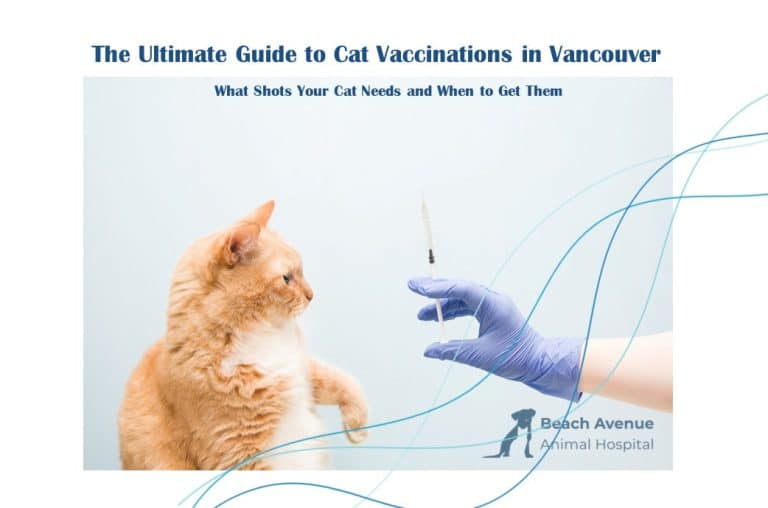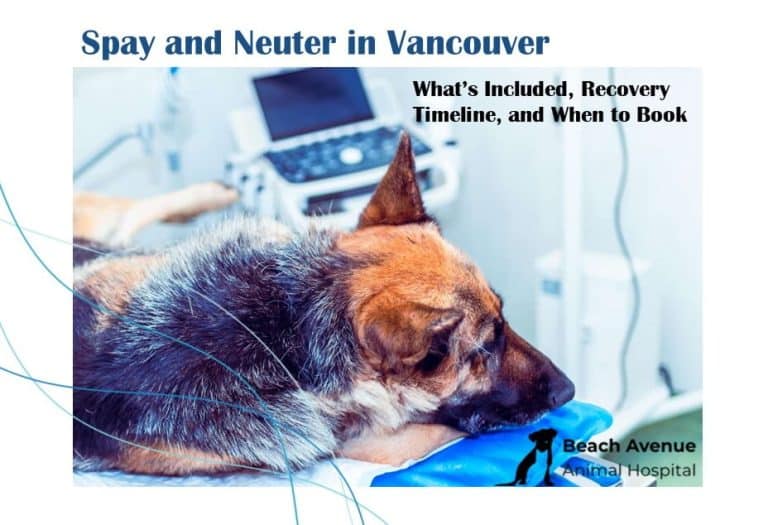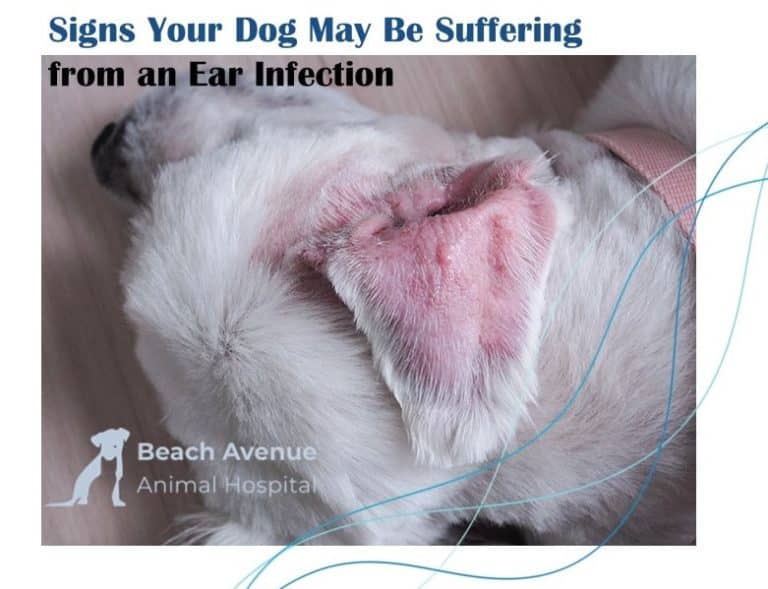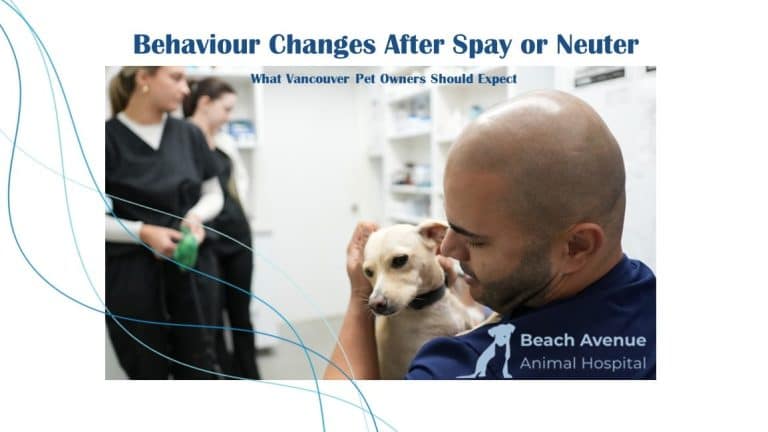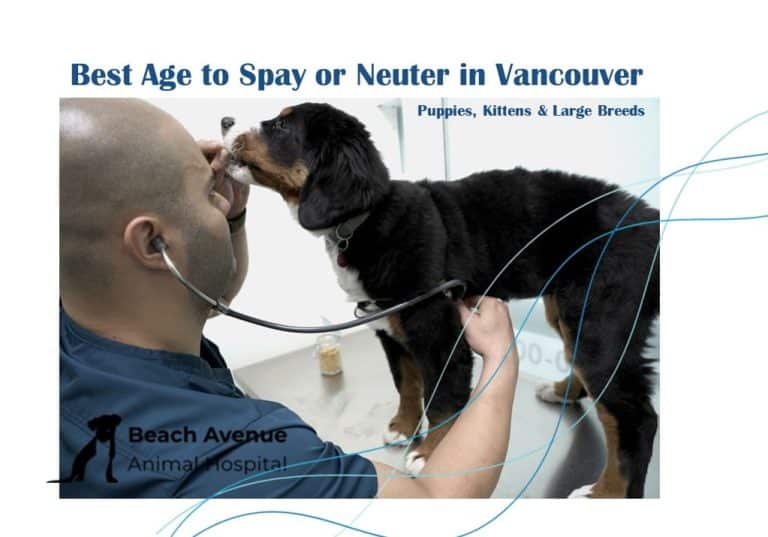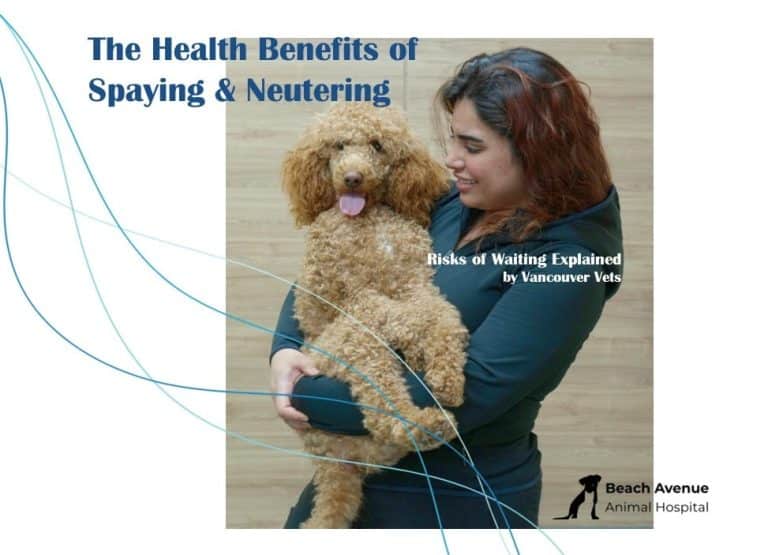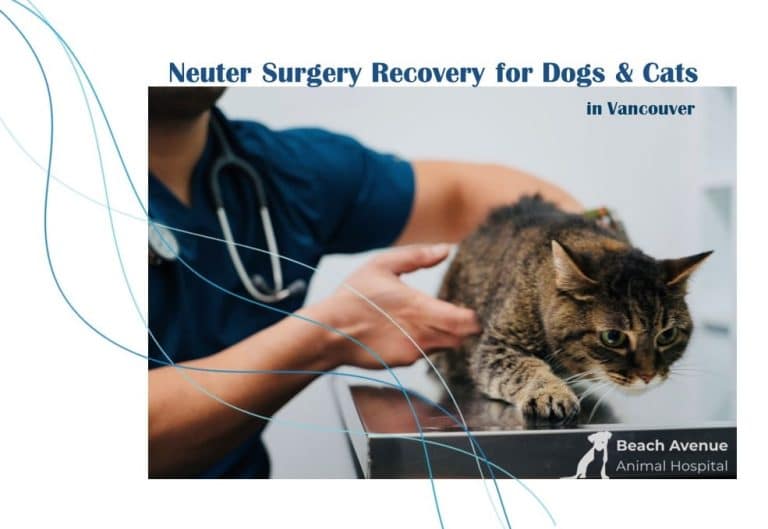If you’ve ever seen your dog scooting across the floor or obsessively licking their rear, you’re not alone — and you’re right to be concerned. Anal gland problems are surprisingly common in dogs, and during a routine Pet Wellness Examination, vets often catch early signs that pet owners might miss. Many owners wonder how to express anal glands in dogs safely, but before attempting it at home, it’s important to understand the signs, the risks, and why professional help is often the best choice for your furry friend.
What Are Dog Butt Glands?
Dogs have two small anal glands (sometimes called dog butt glands) located near their rectum. These glands produce a strong-smelling fluid used for scent marking — a natural part of dog communication. Normally, these glands empty naturally when a dog poops, but sometimes they can become clogged or infected, causing discomfort and health issues.
Signs of Anal Gland Problems in Dogs

Recognizing signs of anal gland problems in dogs early can save your pet a lot of discomfort. Common signs include:
-
Scooting or dragging their rear on the floor
-
Excessive licking or biting at the rear
-
Swelling, redness, or irritation around the anus
-
A strong, fishy or foul odor
-
Signs of pain, especially when sitting
If you notice any of these symptoms, it’s time to consider your options.
Dog Scooting Treatment and Home Care
Mild cases of scooting can sometimes be helped at home with a few dog scooting treatment strategies:
-
Adding fiber to your dog’s diet (such as canned pumpkin or special high-fiber dog foods)
-
Encouraging regular exercise to promote healthy digestion
-
Using warm compresses to soothe mild irritation
However, if symptoms persist or worsen, home care alone won’t solve the problem.
Dog Gland Issues: Risks of DIY Expression
While it’s possible to learn how to express anal glands in dogs manually, DIY expression comes with risks. Mishandling these delicate glands can lead to:
-
Trauma or injury to the glands or surrounding tissue
-
Incomplete emptying, which can worsen the problem
-
Introduction of infection from improper technique
DIY methods are sometimes fine for very experienced pet owners, but for most people, professional assistance is the safest route.
Swollen Anal Glands in Dogs: A Serious Concern
If left untreated, swollen anal glands in dogs can lead to painful abscesses, infections, and even ruptures. Warning signs like visible swelling, bleeding, pus, or extreme sensitivity around the rear mean your dog needs immediate veterinary care.
Ignoring swollen glands isn’t just uncomfortable for your dog — it can quickly turn into a medical emergency.
Why Veterinary Anal Gland Expression Is the Best Choice
Veterinary anal gland expression is simple, safe, and far more thorough than DIY methods. At a veterinary clinic:
-
A trained professional carefully empties the glands without hurting the dog.
-
If infection or complications are found, appropriate treatments like antibiotics or flushing can be provided immediately.
-
Vets can also spot underlying health problems (like allergies or skin infections) that often contribute to gland issues.
Ultimately, professional care ensures your dog is comfortable, healthy, and properly treated — no guesswork required!
A Special Note for Vancouver Pet Owners
For pet owners living in vibrant, active cities like Vancouver, keeping up with your dog’s health needs can sometimes be a challenge. Diet, stress, and environment all play a role in gland health, and city dogs often face more frequent issues.
That’s why trusted local veterinary care matters.
At Beach Avenue Animal Hospital, we offer gentle, professional anal gland expression services — helping Vancouver pets stay happy, healthy, and full of life.

Learning how to express anal glands in dogs can be useful knowledge, but knowing when to call a professional is even more important. Trust your instincts if your pet shows signs of discomfort — and remember, you’re not alone.
Whether you’re here in beautiful Vancouver or anywhere around the globe, professional care can make all the difference in giving your beloved dog the comfort they deserve.
Frequently Asked Questions (FAQs)
1. How do I know if my dog needs their anal glands expressed?
Look for signs like scooting, excessive licking or biting at the rear, swelling near the anus, or a strong fishy smell. These usually indicate that the glands may be full or impacted.
2. Can I express my dog’s anal glands at home?
Yes, it’s possible, but it should be done carefully. Improper technique can cause injury or infection. If you’re unsure, it’s safer to have a veterinarian handle it.
3. How often should my dog’s anal glands be expressed?
It varies by dog. Some dogs never need it, while others (especially small breeds) might need it every 1–2 months. Your vet can recommend the best schedule.
4. What causes dog gland issues in the first place?
Factors include poor diet, obesity, allergies, chronic skin problems, or anatomical issues that make it harder for glands to empty naturally.
5. Is scooting always a sign of anal gland problems?
No — while scooting often signals full anal glands, it can also be caused by allergies, worms, or skin irritation. A vet can help pinpoint the cause.
6. What happens if swollen anal glands in dogs are left untreated?
Untreated swollen glands can lead to infections, abscesses, ruptures, and significant pain. It’s important to seek veterinary care if you notice swelling or signs of discomfort.
7. Does expressing anal glands hurt my dog?
When done properly by a veterinarian, it’s usually just uncomfortable, not painful. If the glands are infected or severely swollen, your dog may experience some temporary soreness.
8. How much does veterinary anal gland expression cost?
Costs vary depending on the clinic and region, but it typically ranges from $25–$50. Additional treatment for infections or complications may cost more.
9. Are there ways to prevent anal gland problems in dogs?
Yes! A high-fiber diet, regular exercise, maintaining a healthy weight, and routine vet checkups can help keep your dog’s glands functioning properly.
10. Where can I get my dog’s anal glands expressed professionally in Vancouver?
Beach Avenue Animal Hospital in Vancouver offers expert and compassionate anal gland expression services to keep your pet healthy and comfortable. 🐾


